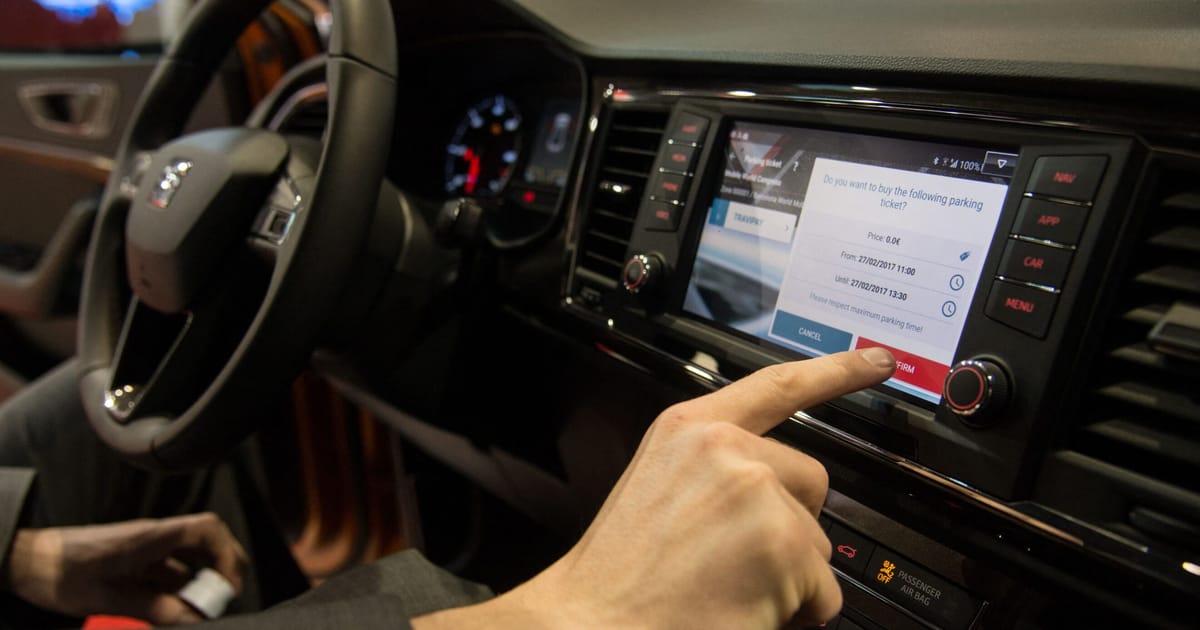Carmakers are equipping their latest models with fancy touchscreens, but that could cause problems with Europe’s largest car safety authority.
The European New Car Assessment Programme (NCAP) is revamping its rating system starting Jan. 1, 2026 to mandate that five of a car’s primary controls — its horn, windshield wipers, turn signals, hazard warning lights and SOS features — will need physical buttons or switches.
Car models will have to comply to get NCAP’s coveted five-star rating. The scheme is voluntary but is heeded by most automakers because it’s closely monitored by consumers.
Belgium-based NCAP says that purely digital controls are a potential safety issue.



Unless you can tell the turn signal has been activated without looking and can hear it function, (and if you turn off your radio, you can actually hear the flasher unit work also), I would argue a capacitive switch provides little to no touch or sound feed back just like the touch screen on your phone. And needing to look else where to visually verify, then you have taken your eyes off the road and potentially can find yourself injured or dead in an accident.
Good points. I don’t (and never will) have a Tesla so not sure what the feedback mechanism is. But I think the idea of this law is to keep those controls out of touchscreens and easily accessible which the capacitive buttons do (even if they’re not the best). If teslas have buttons with their extremely minimal interior then I would assume all other cars do too. Maybe this law is to just preempt any future cars from not including them.
You and me both on the Telsa. I ain’t spending that kind of money to think I’m cool. At half the cost, I’m in. Until then nope.
You maybe correct about the aim of the law. But I’m leaning more towards a not very well written regulation created by people who pay someone else to do the driving for them.